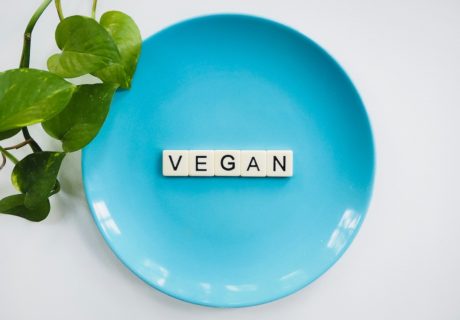Meat-free food sales shot up by 40% between 2014-2019, according to Mintel.
Predicting meat-free growth will exceed £1.1 billion by 2024, the research firm reports that in 2019 23% of all new food product launches in the UK were ‘labelled vegan’.
Rising from £582 million in 2014, Mintel claims the meat-free market reached an estimated £816 million last year.
According to its research, interest in a flexitarian diet is growing rapidly, with meat-reducers increasing in volume by 11% in just two years, from 2017 to 2019. Within that, women (42%) are more likely to have reduced their meat intake than men (36%) and while ‘the meat-free market is thriving’
As the meat-free market becomes increasingly crowded, brands will need to find more ways to distinguish themselves from their competitors
Over a third of non-meat eaters (38%) would prefer to use cheese and pulses rather than use meat substitutes.
Kate Vlietstra, Mintel global food and drink analyst, comments: “As the meat-free market becomes increasingly crowded, brands will need to find more ways to distinguish themselves from their competitors – it’s no longer enough to just be meat-free. Companies will need to be transparent about the healthiness of their products, and also address the quality and quantity of nutrients to win over the discerning consumer.
“Meat-free products are generally aimed towards young professionals, who tend to be receptive to trying new foods, but we are also likely to see these products targeted at both children and over-55s in the future. As food education within schools improves, it seems that the meat-free food market is missing a trick by not targeting children and families. Meanwhile, over-55s are likely to be attracted to functional health claims and clean labels.”





